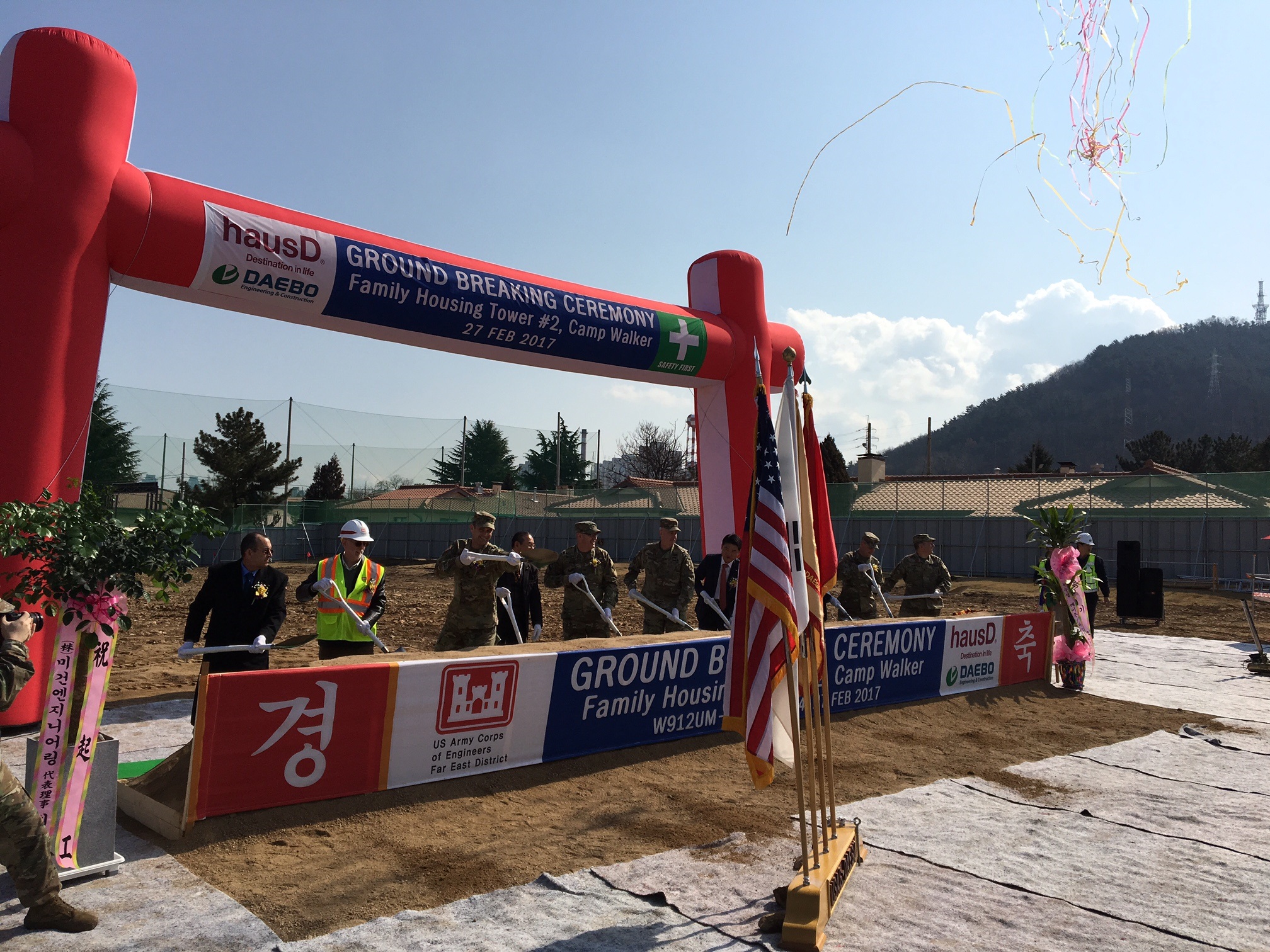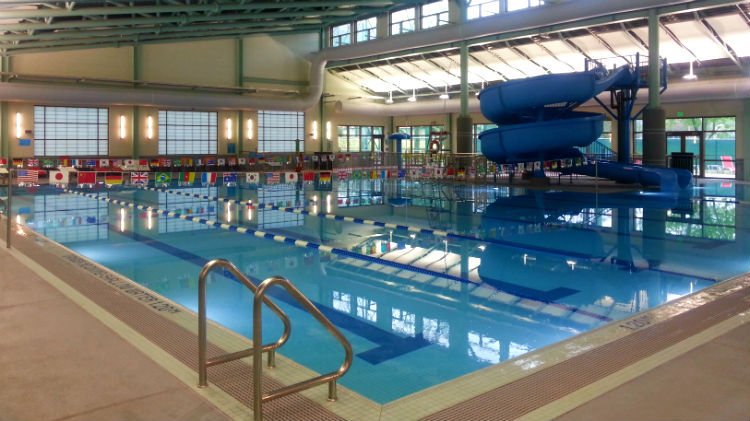With great pleasure, we will explore the intriguing topic related to Camp Walker: A Vital Hub in the Heart of Daegu. Let’s weave interesting information and offer fresh perspectives to the readers.
/lodge-56b812313df78c0b1364ec15.jpg)
/lodge-56b812313df78c0b1364ec15.jpg)

Camp Walker, nestled in the vibrant city of Daegu, South Korea, is more than just a military installation. It stands as a testament to the enduring bond between the United States and South Korea, playing a crucial role in regional security and fostering a strong bilateral relationship. This article delves into the historical context, strategic significance, and ongoing impact of Camp Walker, shedding light on its multifaceted importance within the Korean peninsula.

Camp Walker’s story is intricately woven into the fabric of the Korean War and its aftermath. Established in 1950, it served as a key logistical hub during the conflict, providing vital support to United Nations forces fighting for the defense of South Korea. The camp’s strategic location, just outside Daegu, a major city and transportation center, made it an ideal base for operations.

Following the armistice in 1953, Camp Walker transitioned into a permanent U.S. military presence in South Korea. It became the headquarters of the 19th Support Command, responsible for logistical support to U.S. forces stationed throughout the country. This transition cemented Camp Walker’s role as a symbol of the enduring commitment to the Republic of Korea’s security.

Camp Walker’s strategic significance extends beyond its historical importance. It remains a vital component of the U.S. military presence in South Korea, housing the headquarters of the U.S. Army Garrison Daegu, the 19th Expeditionary Sustainment Command, and the 65th Medical Brigade. These units are responsible for a wide range of tasks, including:

Beyond its military functions, Camp Walker embodies the shared values of the U.S. and South Korea. It serves as a visible symbol of the enduring commitment to peace and security on the Korean peninsula. The presence of U.S. forces at Camp Walker reassures South Korea’s allies of the unwavering support against potential threats.

Furthermore, the camp’s presence fosters economic benefits for the surrounding community. It creates employment opportunities, stimulates local businesses, and contributes to the economic development of the Daegu region. The camp’s presence also promotes cultural exchange and understanding between the two nations.

A: Camp Walker remains an active U.S. military installation, serving as the headquarters of the U.S. Army Garrison Daegu and several other key units. It continues to play a vital role in regional security and the U.S.-South Korea alliance.

A: Camp Walker was established in 1950 and played a vital role in the Korean War as a logistical hub for United Nations forces. Its strategic location and infrastructure facilitated the movement of supplies and personnel, supporting the war effort.
A: Camp Walker serves as a symbol of the enduring commitment to the Republic of Korea’s security. It houses units responsible for logistical support, military training, medical care, and community engagement, strengthening the bilateral defense partnership.
A: Camp Walker creates employment opportunities, stimulates local businesses, and contributes to the economic development of the Daegu region. Its presence also promotes cultural exchange and understanding between the two nations.
Camp Walker stands as a testament to the enduring bond between the United States and South Korea, serving as a vital hub for military operations, logistical support, training, and community engagement. Its strategic significance and commitment to regional security solidify its importance in the context of the Korean peninsula. As the U.S.-South Korea alliance continues to evolve, Camp Walker will remain a crucial symbol of shared values and a powerful testament to the enduring partnership between the two nations.








Thus, we hope this article has provided valuable insights into Camp Walker: A Vital Hub in the Heart of Daegu. We thank you for taking the time to read this article. See you in our next article!
Your email address will not be published.